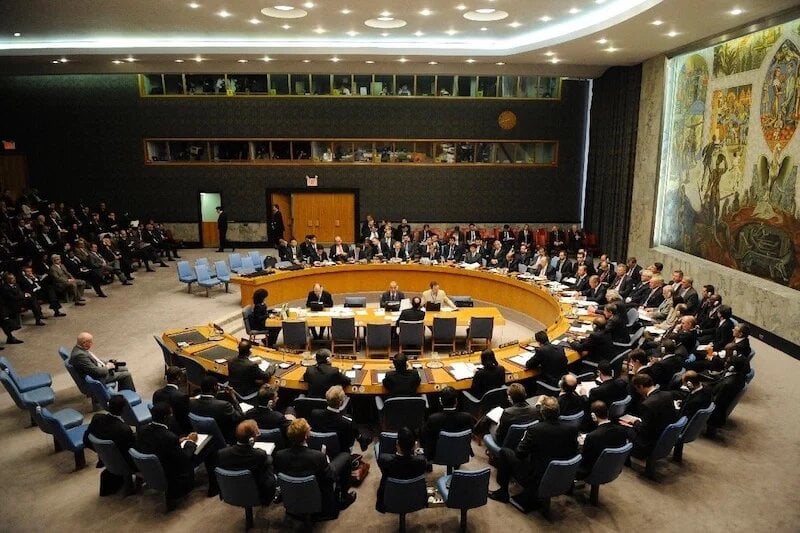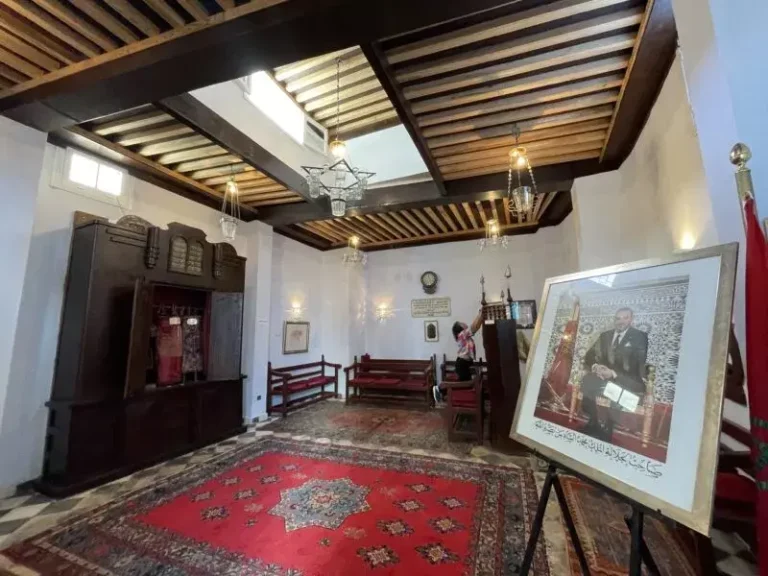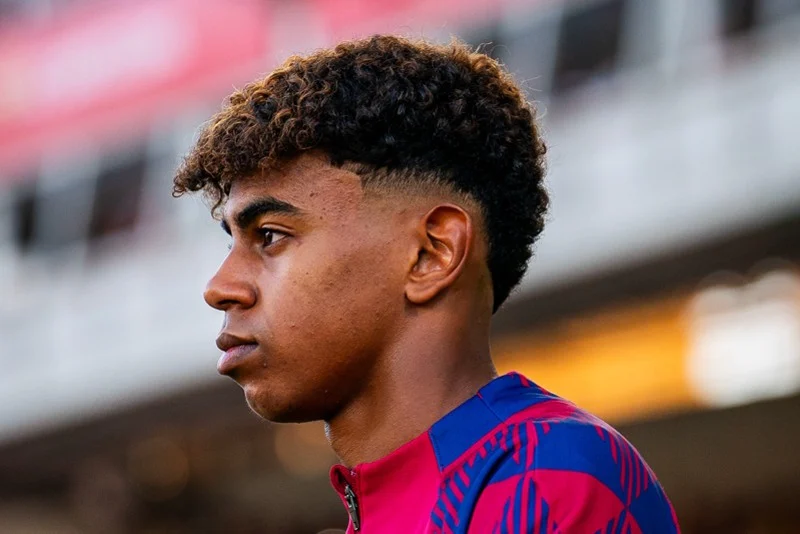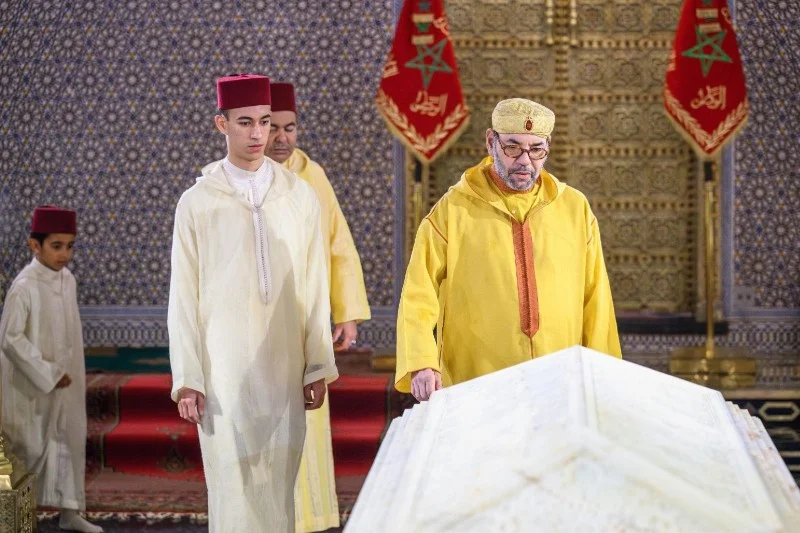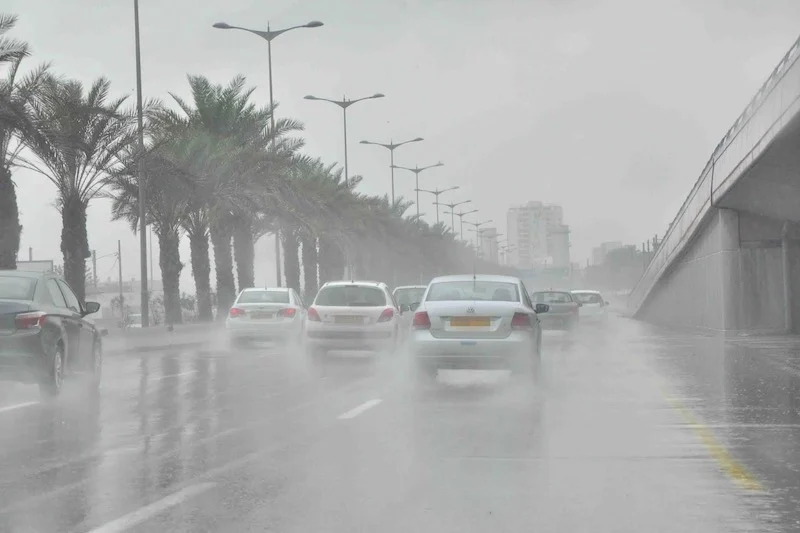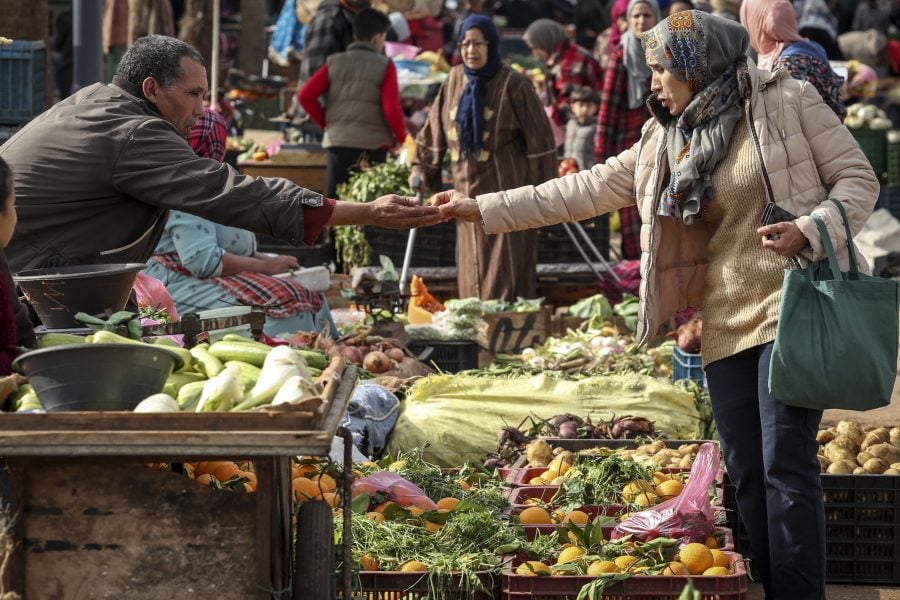Morocco’s push for a permanent UN Security Council seat has reignited a long-standing debate. While the UN Charter currently outlines five permanent members with veto power, the idea of expanding the council has been on the table for years.
The Process:
Driss El Guenbouri, a political analyst, told Hespess English that the UN Security Council’s charter does not specify a procedure for appointing permanent members.
“This is because the council was established in a specific post-World War II international context as a closed club for the major powers of that time,” the expert explained.
However, the formal presentation of a country’s candidacy for a permanent seat would typically occur in the UN General Assembly.
The country would need to submit a proposal for amending the United Nations Charter—specifically Articles 23 and 27, which define the composition and voting procedures of the Security Council.
This proposal would outline the rationale for expanding the Security Council, detailing why the country deserves a permanent seat and how its inclusion would benefit the global community.
A two-thirds majority of all 193 member states must approve the amendment. Following that, the five permanent members (P5)—the United States, United Kingdom, France, China, and Russia—must approve the change as well, as they hold veto power over any reforms.
Securing their approval is a monumental challenge, as they are unlikely to support any changes that could diminish their influence on the world stage.
The Criteria:
When it comes to the criteria, Guenbouri said that there are no specific legal criteria.
“The idea of introducing new permanent members was proposed by the United States and will be subject to political standards based on proximity or distance to American policy,” the analyst said.
The informal criteria, however, for obtaining a permanent seat on the UNSC involve meeting certain de facto qualifications.
These include regional influence, economic power, military capabilities, and the ability to contribute to international peacekeeping and diplomacy.
A large population is often seen as an asset, as it suggests a country can represent a significant portion of humanity.
Countries that have historically played prominent roles in global or regional politics and that align with the principles of the United Nations are also seen as more eligible candidates.
The country also needs strong support from both its region and the international community, including the current P5 members.
Morocco, while an influential player in North Africa, faces serious competition from other African contenders like Nigeria, Egypt, and South Africa.
Morocco has a relatively strong economy and plays a significant diplomatic role, particularly in the Arab world and with the European Union. But it does not match the economic power or population size of Nigeria, Egypt, or South Africa.
Morocco, with a GDP of around $140 billion, has a strong economy. However, it is smaller compared to the top three economies on the continent: Nigeria ($375 billion), South Africa ($378 billion), and Egypt ($394 billion).
In terms of military influence and peacekeeping contributions, Morocco has an active and modern military, and it participates in UN peacekeeping operations, particularly in Africa.
Nigeria, Egypt, and South Africa also have more prominent roles in regional security and peacekeeping.
South Africa, in particular, has been a key player in peace efforts across the African continent and has already served as a non-permanent member of the UNSC multiple times, which boosts its credentials for a permanent seat.
Another significant factor in Morocco’s bid is its regional leadership. The country has had historical ties to the African Union but was absent for over three decades due to the ongoing dispute over its Sahara.
This absence has created a challenge in terms of gaining full backing from African nations, as countries like Algeria, which opposes Morocco’s stance on Sahara, may block its candidacy.
The Chances:
Morocco’s proponents, however, say that its strategic location, diplomatic influence, and contributions to UN peacekeeping missions make it a strong candidate.
Despite this close competition, Guenbouri says that Morocco remains the most likely candidate compared to other competing countries due to its political stability.
“Political instability can throw a wrench into the council’s plans. Egypt’s shaky system makes success a long shot, and the US is wary of a potential Islamist takeover that could reshape the region.” Guenbouri added.
